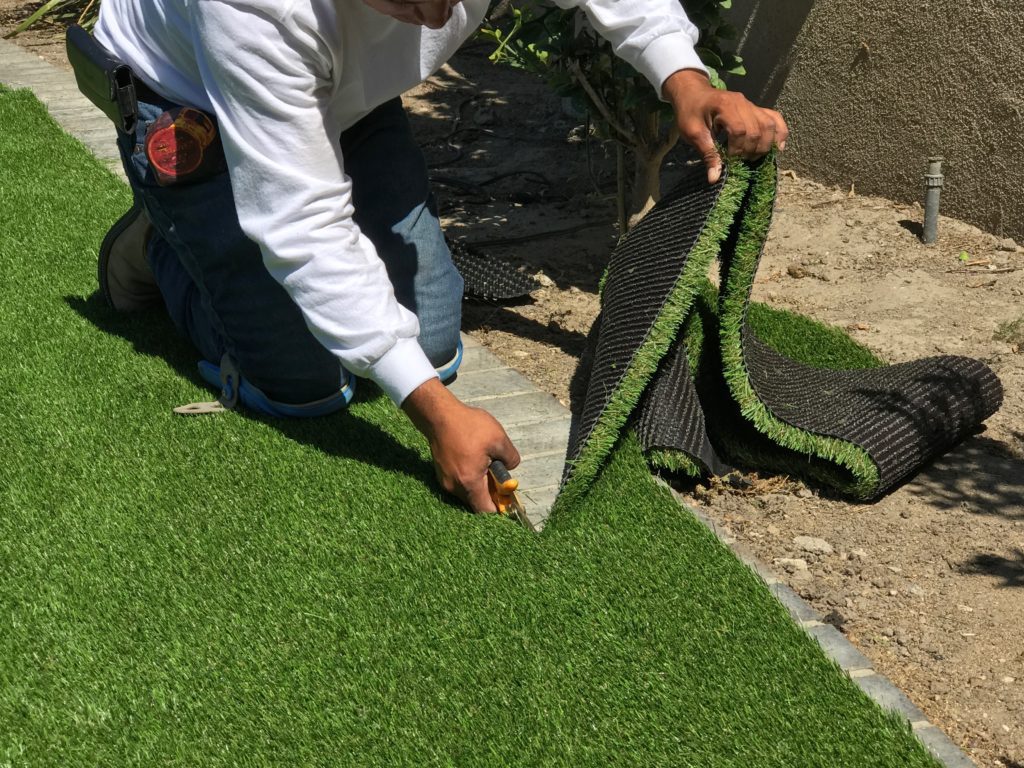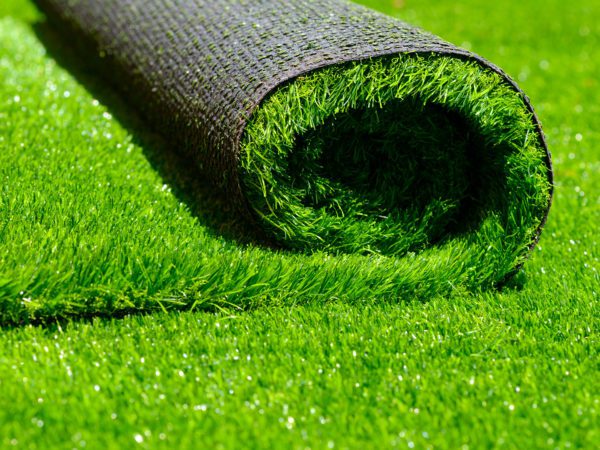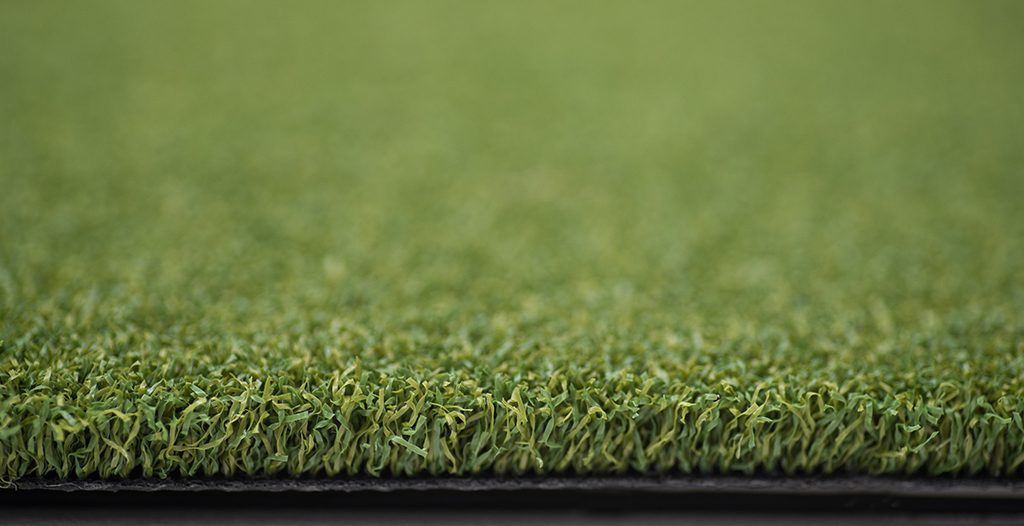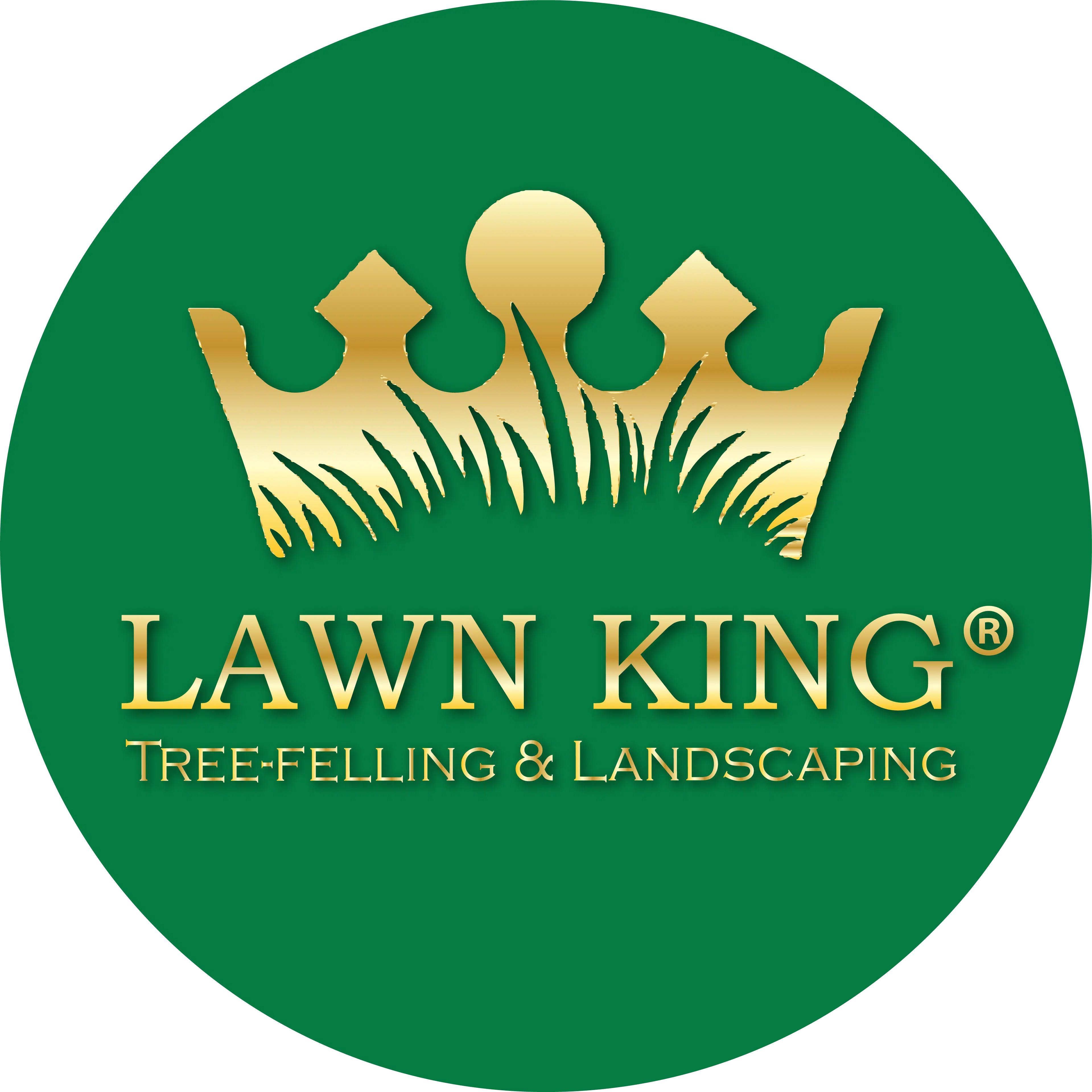DIY Artificial Turf Installation Guide
Quality of Artificial Turf
Selecting high-quality artificial turf is paramount for a successful installation in South Africa’s diverse climate. Opt for turf specifically designed to withstand the region’s weather conditions, including UV exposure and occasional heavy rainfall. Reputable brands like Easigrass and EcoTurf offer premium turf options known for their durability and natural appearance. Investing in quality turf ensures that your installation will withstand the rigors of South Africa’s climate and maintain its lush appearance for years to come.
Proper Site Preparation
Thorough site preparation is essential to ensure a level and stable surface for the artificial turf, particularly in South Africa where soil conditions may vary. Begin by clearing the area of existing vegetation, rocks, and debris. Use a compactor to level the ground and address any unevenness. Adequate site preparation sets the foundation for a smooth and professional-looking installation, minimizing the risk of drainage issues or uneven surfaces over time.
Adequate Drainage System
Effective drainage is crucial for artificial turf installations in South Africa, where heavy rainfall can occur seasonally. Installing a proper drainage system beneath the turf helps prevent waterlogging and ensures efficient runoff during rainy periods. Consider incorporating a perforated drainage pipe or layer of crushed stone to facilitate water drainage. Additionally, ensure that the turf itself has sufficient drainage capabilities to prevent water buildup on the surface.
Professional Installation Techniques
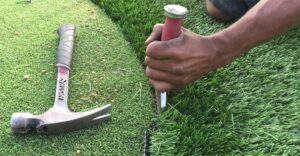
While DIY installation is an option, hiring a professional installer is recommended for optimal results, especially in South Africa’s diverse climate and soil conditions. Professional installers have the expertise to properly seam edges, secure the turf, and address any specific challenges unique to the region. They also adhere to manufacturer guidelines, ensuring that warranties remain valid. Look for certified installers through trusted sources like the South African Turfgrass Association (SATA) to guarantee a high-quality installation.
Appropriate Infill Selection
Infill material adds stability, support, and resilience to artificial turf, making it an important consideration for installations in South Africa. Choose infill materials that are suitable for the region’s climate and intended use of the turf. Common infill options include silica sand, rubber crumb, and organic materials like cork or coconut fibers. Consult with your installer to select the most suitable infill for your specific needs and to ensure optimal performance and longevity.
Regular Maintenance Plan
Maintaining your artificial turf is essential to preserve its appearance and longevity, especially in South Africa’s variable climate. Develop a regular maintenance routine that includes tasks such as brushing to restore pile height, removing debris, and periodic rinsing to prevent odors and mold growth. Consider investing in specialized tools like power brushes or turf vacuums to streamline maintenance efforts. By staying proactive with upkeep, you can ensure that your artificial turf remains vibrant and inviting for years to come, even in South Africa’s challenging climate.
By considering these factors and taking a thoughtful approach to installation, homeowners in South Africa can enjoy the benefits of artificial turf, including water conservation, reduced maintenance, and year-round greenery, for many years to come.

